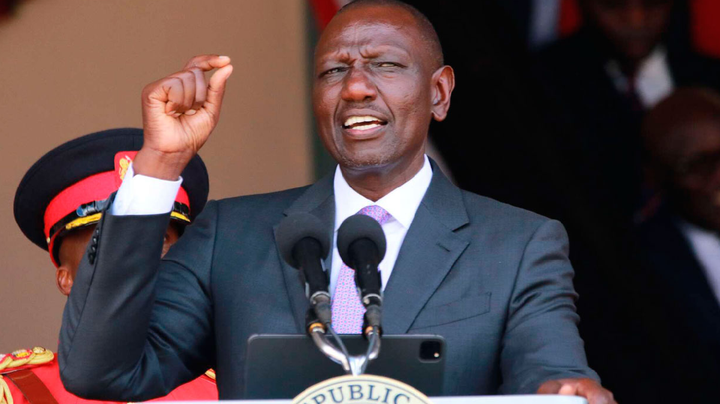Recent developments indicate a significant shift in the relationship between Kenya and the United States of America, raising concerns about the future of President William Ruto’s administration.
Analysts and political commentators are now suggesting that the US has effectively distanced itself from Ruto, which could negatively impact his presidency and chances of re-election.
Historically, the US has played a key role in Kenya’s political landscape.
For years, America showed clear preferences in Kenyan elections, especially opposing the repeated presidential bids of former opposition leader Raila Odinga.
On at least two occasions, insiders say Odinga won the popular vote but was not declared president due to American influence.
During the last election, the then US ambassador Meg Whitman was visibly active, closely monitoring the electoral process to ensure an outcome favorable to William Ruto.
This signaled strong US support for Ruto at that time.
However, things appear to have changed drastically. The current US ambassador, Mark Dillard, is notably less vocal and less involved in Kenyan affairs, signaling reduced American interest.
More telling was the canceled visit of US Secretary of State Marco Rubio in April.
The visit was meant to strengthen ties with Kenya but was abruptly called off, reportedly due to scheduling conflicts with Ruto’s trip to China.
This cancellation sent a strong diplomatic signal that the US is reevaluating its relationship with Kenya under Ruto.
A major point of tension lies in Ruto’s growing closeness with China.
During his visit, Ruto referred to Kenya and China as “co-architects of a new world order,” a statement that unsettled many American officials.
US lawmakers, including Senator James Risch, have openly questioned Kenya’s loyalty to America, warning that aligning with China undermines US strategic interests in Africa.
The US views China as a competitor that promotes an alternative world order, one based on autocratic governance and disregard for human rights, unlike the Western-led order established after World War II.
The shift in US attitude also reflects internal changes in American politics.
Under the Biden administration, US engagement with Africa was stronger and more constructive, with Kenya seen as a key partner.
The previous Trump administration, in contrast, showed less interest in Africa.
Ruto’s presidency began as Biden took office, but the evolving US-China rivalry and Kenya’s diplomatic balancing act have strained relations.
Furthermore, Ruto’s attempts to engage with both Russia and China amid global conflicts have placed him in an awkward position.
The US expects loyalty from its allies, and any perceived deviation risks alienation.
